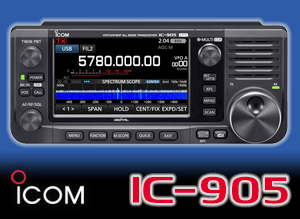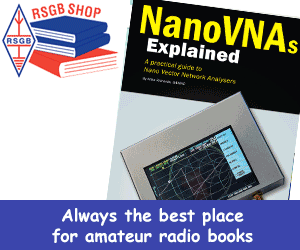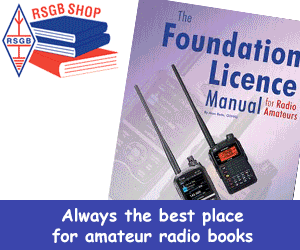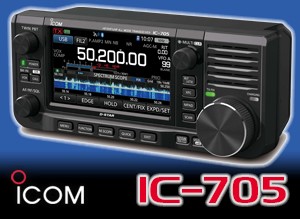Ethan Grossmith, M7AXW
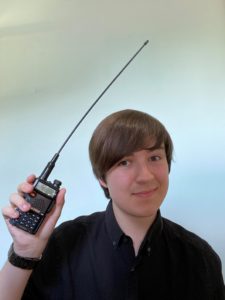 I have always been interested in more technical hobbies and learning new skills. I was in a robot wars team at school, I’ve built solid fuel rockets a few times and I’ve enjoyed learning amateur astronomy. However, I had never tried radio before. I have never known anyone that has been into radio, and when I was in the Scouts, we never did the Radio Badge.
I have always been interested in more technical hobbies and learning new skills. I was in a robot wars team at school, I’ve built solid fuel rockets a few times and I’ve enjoyed learning amateur astronomy. However, I had never tried radio before. I have never known anyone that has been into radio, and when I was in the Scouts, we never did the Radio Badge.
Amateur radio was a completely brand-new experience to me and, although I had heard the term “Ham Radio” a few times before, I never really explored what that actually meant. That is, until earlier this year.
What I would say really led me to buying my first radio and work towards obtaining a license was seeing a video of a radio amateur having a conversation with astronauts on the ISS. I had no idea that any licensed operator could contact the space station with such ease and, having always been interested in spaceflight, I was immediately fascinated. After a brief stint of research, I bought a radio and antenna the same day, booked my exam, and began learning more about the hobby.
There were no particular clubs that I went through, especially as many would be shut throughout lockdown. The official Foundation Licence Manual from the RSGB’s shop was great and Essex Ham Radio Society also had some great information on their site which proved incredibly useful for studying for the exam. Mostly, however, my interest was found through other amateurs on the internet (such as Reddit’s amateur radio community) and seeing their enthusiasm for the hobby really motivated me to get serious about radio. They also introduced me to new radio-related activities that I had no idea existed: the competitive, such as transmitter hunting and radio marathons; the technical, such as Moonbouncing (EME) and SSTV; and other activities like collecting QSL cards and ‘DX-peditions’. Seeing their radio setups was nice too, although the more high-end ones looked rather expensive!
Doing a remote exam was definitely different from how most people would have become qualified in any other normal year, but the RSGB handled this very smoothly and the exam software worked well. In fact, I found it quite convenient being able to sit an exam from the comfort of my bedroom, and seeing my results right away was great. The only downside of the process for me was not being able to do the practical section of the exam, as it covers some basic skills, but I know that there are plenty of ways to learn that hands-on part of radio elsewhere.
Overall, I loved learning the basics of amateur radio and becoming licensed. Being only a rookie Foundation Licence holder at the moment, in the future I look forward to advancing in this great hobby and gaining the two further qualifications, joining or maybe even starting a radio club at university, as well as just enjoying being on the air with a community of like-minded people.
Ethan Grossmith, M7AXW
Category: GOTA2C: Licensee stories

